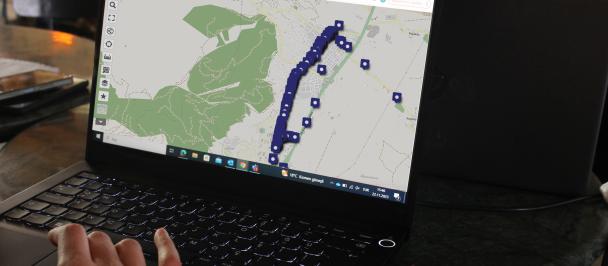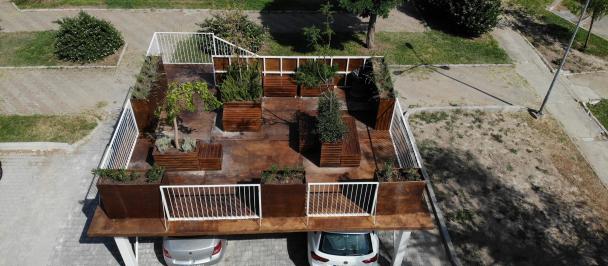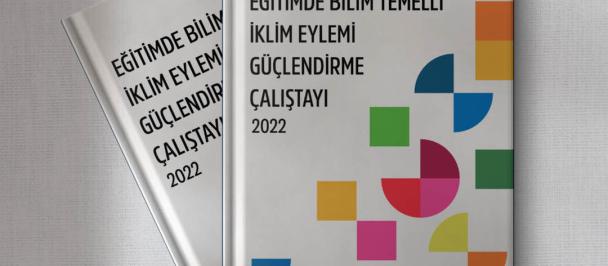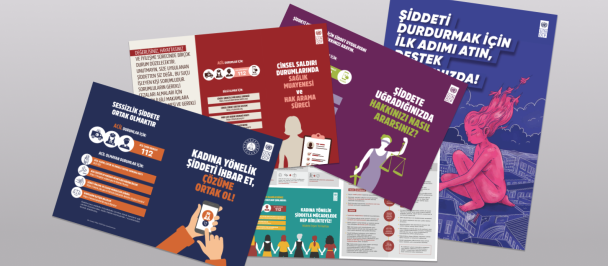How can the flax plant be a solution for sustainable development?
January 11, 2023

UNDP Türkiye and Döngü Cooperative’s booklet on the flax aims to create a better understanding of its added value in supporting agricultural development and fighting the climate crisis
The United Nations Development Programme (UNDP) and Döngü Cooperative jointly wrote the story of the flax plant, which has a great potential for sustainable development. The booklet that approaches the flax in a multidimensional way provides information on its history, place in culture, environmental effects and potential future applications.
A number of aspects of the plant were discussed in the publication including that it offers an environmentally and climate-friendly development model with minimum water and pesticide needs, as well as being more energy efficient than many other alternatives in the industry from production to processing. In this context, UNDP and Döngü Cooperative aim to promote a better understanding of the added value of the flax and to create incentives for its production, which is quite scarce today in Türkiye.
In recent years, it has been observed that the global flax demand and production, which fluctuates frequently due to a variety of factors, has increased significantly due to the positive effects of flax on health and its efficiency for industrial purposes. Flax production, that experienced a significant decline in Türkiye as of the 1980s, is expected to increase in the coming years.
Considering the historical development of flax in Türkiye, being one of the oldest known culture plants in the country, and the suitability of the country's ecology to both oil and fiber flax cultivation, the issue of supporting the agriculture of this plant and its species gained a great importance. It is also key to evaluate the social, economic, and ecological potential of flax, which has high added value, and to encourage cooperation in increasing its production.
As the climate crisis became a serious problem for the humanity, more sustainable practices started to emerge in many sectors with the increasing environmental awareness. Highly adaptable to climate change, flax plant can be used as a raw material for different industries such as textile, food and construction.
The booklet aims to contribute to the understanding of multiple Sustainable Development Goals including the sustainable consumption and production patterns, urgent actions to deal with climate change and its effects, and protection and the sustainable use of terrestrial ecosystems.
Please click here to read the booklet entitled “The Journey of Flax from Past to Today”.

 Locations
Locations



